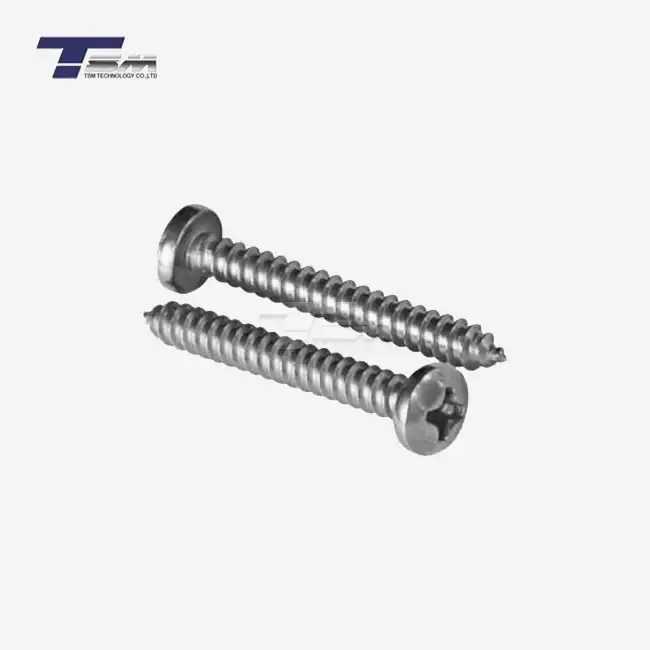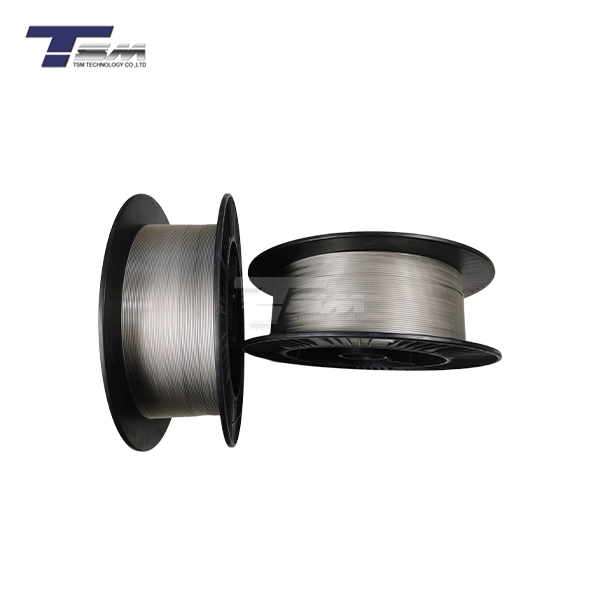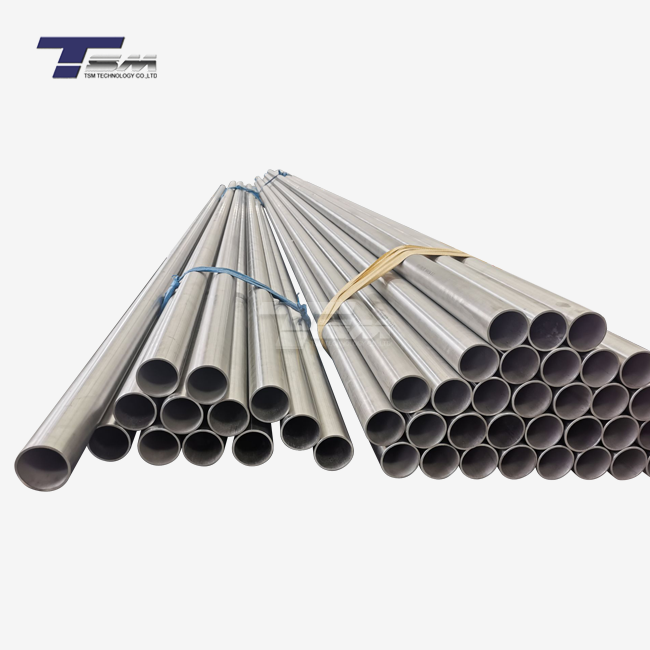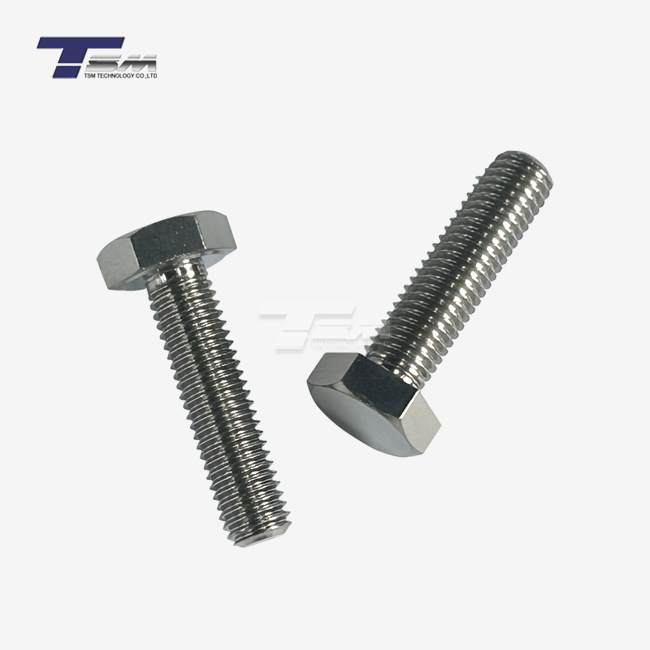- English
- French
- German
- Portuguese
- Spanish
- Russian
- Japanese
- Korean
- Arabic
- Greek
- German
- Turkish
- Italian
- Danish
- Romanian
- Indonesian
- Czech
- Afrikaans
- Swedish
- Polish
- Basque
- Catalan
- Esperanto
- Hindi
- Lao
- Albanian
- Amharic
- Armenian
- Azerbaijani
- Belarusian
- Bengali
- Bosnian
- Bulgarian
- Cebuano
- Chichewa
- Corsican
- Croatian
- Dutch
- Estonian
- Filipino
- Finnish
- Frisian
- Galician
- Georgian
- Gujarati
- Haitian
- Hausa
- Hawaiian
- Hebrew
- Hmong
- Hungarian
- Icelandic
- Igbo
- Javanese
- Kannada
- Kazakh
- Khmer
- Kurdish
- Kyrgyz
- Latin
- Latvian
- Lithuanian
- Luxembou..
- Macedonian
- Malagasy
- Malay
- Malayalam
- Maltese
- Maori
- Marathi
- Mongolian
- Burmese
- Nepali
- Norwegian
- Pashto
- Persian
- Punjabi
- Serbian
- Sesotho
- Sinhala
- Slovak
- Slovenian
- Somali
- Samoan
- Scots Gaelic
- Shona
- Sindhi
- Sundanese
- Swahili
- Tajik
- Tamil
- Telugu
- Thai
- Ukrainian
- Urdu
- Uzbek
- Vietnamese
- Welsh
- Xhosa
- Yiddish
- Yoruba
- Zulu
Types of Nickel Alloys & Applications in Chemical Equipment
Nickel alloys play a crucial role in the chemical industry, offering exceptional resistance to corrosion, high temperatures, and extreme environments. These versatile materials are essential for manufacturing various chemical equipment, from reactors and heat exchangers to valves and piping systems. Understanding the types of nickel alloys and their specific applications in chemical equipment is vital for engineers, manufacturers, and industry professionals seeking to optimize their processes and ensure long-lasting, reliable performance. This comprehensive guide explores the diverse world of nickel alloys, their unique properties, and how they contribute to the advancement of chemical processing technology.
Common Types of Nickel Alloys Used in Chemical Equipment
Monel Alloys: Corrosion-Resistant Workhorses
Monel alloys, primarily composed of nickel and copper, are renowned for their exceptional resistance to corrosion in a wide range of chemical environments. These alloys exhibit remarkable strength and toughness, making them ideal for applications involving seawater, acids, and alkalis. In chemical equipment, Monel alloys find extensive use in:
- Pumps and valves handling corrosive fluids
- Heat exchangers in marine and chemical processing plants
- Reaction vessels for acid production
- Piping systems in offshore oil and gas facilities
The superior corrosion resistance of Monel alloys stems from their ability to form a protective oxide layer, which self-heals when damaged. This characteristic ensures extended equipment lifespan and reduced maintenance costs in harsh chemical environments.

Inconel Alloys: High-Temperature Heroes
Inconel alloys, primarily nickel-chromium based, are engineered to withstand extreme temperatures and oxidizing atmospheres. These alloys maintain their strength and stability at temperatures where many other materials would fail. In the chemical industry, Inconel alloys are invaluable for:
- Furnace components and heating elements
- Chemical reactors operating at elevated temperatures
- Gas turbine parts in power generation facilities
- Heat-treating equipment for metallurgical processes
The exceptionally high-temperature strength of Inconel alloys is attributed to their ability to form a protective, adherent oxide scale. This scale acts as a barrier against further oxidation, allowing equipment to function reliably in severe conditions for extended periods.
Hastelloy Alloys: Versatile Chemical Resistant
Hastelloy alloys are a family of nickel-molybdenum-chromium alloys designed to resist a broad spectrum of corrosive media. These alloys excel in both oxidizing and reducing environments, making them indispensable in diverse chemical processing applications. Hastelloy alloys are commonly used in:
- Reactors for manufacturing pharmaceuticals and specialty chemicals
- Scrubbers and emission control systems
- Waste treatment facilities handling aggressive chemicals
- Process equipment in the chlor-alkali industry
The versatility of Hastelloy alloys stems from their carefully balanced composition, which provides resistance to pitting, crevice corrosion, and stress corrosion cracking in various chemical media.
Key Properties of Nickel Alloys for Chemical Equipment
Corrosion Resistance: The Ultimate Defense
The paramount property of nickel alloys in chemical equipment is their superior corrosion resistance. This characteristic is crucial for maintaining the integrity of process equipment and preventing contamination of chemical products. Nickel alloys achieve their corrosion resistance through several mechanisms:
- Formation of passive oxide layers
- Resistance to pitting and crevice corrosion
- Immunity to stress corrosion cracking in specific environments
- Ability to withstand both oxidizing and reducing conditions
The selection of the appropriate nickel alloy depends on the specific corrosive media encountered in the chemical process. For instance, Hastelloy C-276 exhibits exceptional resistance to hydrochloric acid, while Inconel 625 excels in environments containing sulfuric acid.
High-Temperature Performance: Staying Strong Under Fire
Many chemical processes operate at elevated temperatures, demanding materials that can maintain their mechanical properties and resist degradation. Nickel alloys are prized for their high-temperature capabilities, including:
- Retention of strength and creep resistance at extreme temperatures
- Resistance to thermal fatigue and thermal shock
- Stability of microstructure during prolonged exposure to heat
- Low coefficient of thermal expansion for dimensional stability
Inconel 718, for example, retains its strength up to 700°C (1292°F), making it suitable for high-temperature chemical reactors and furnace components.
Mechanical Properties: Strength Meets Durability
In addition to corrosion resistance and high-temperature performance, nickel alloys offer a combination of mechanical properties that are crucial for chemical equipment:
- High tensile and yield strength
- Excellent ductility and toughness
- Resistance to fatigue and impact
- Good weldability and formability
These properties ensure that chemical equipment can withstand the stresses of operation, including pressure fluctuations, thermal cycling, and mechanical loads. Monel K-500, for instance, combines high strength with excellent corrosion resistance, making it ideal for pump shafts and valve stems in chemical processing plants.
Innovative Applications of Nickel Alloys in Advanced Chemical Equipment
Multi-Purpose Reactors: Versatility in Chemical Synthesis
The development of multi-purpose reactors has revolutionized the chemical industry, allowing for the flexible production of various compounds in a single vessel. Nickel alloys play a crucial role in these advanced systems:
- Reactor vessels lined with Hastelloy C-22 for broad chemical compatibility
- Agitator shafts made from Inconel 718 for high-strength and corrosion resistance
- Heat transfer surfaces utilizing Incoloy 825 for excellent thermal conductivity
- Nozzles and ports constructed from Monel 400 for durability and ease of cleaning
These multi-alloy designs enable manufacturers to produce a wide range of chemicals without the need for dedicated, single-purpose equipment, significantly reducing capital costs and improving operational flexibility.
Advanced Separation Technologies: Enhancing Efficiency
Nickel alloys are at the forefront of innovations in separation technologies, crucial for purifying and isolating chemical products. Some cutting-edge applications include:
- Membrane support structures made from porous Inconel for gas separation
- High-performance distillation column internals utilizing Hastelloy B-3
- Crystallization equipment featuring Monel K-500 for handling supersaturated solutions
- Electrodialysis stacks incorporating Incoloy 825 electrodes for ion separation
These advanced separation systems leverage the unique properties of nickel alloys to achieve higher purity, improved yield, and reduced energy consumption in chemical processing operations.
Smart Monitoring Systems: Integrating Alloys with IoT
The integration of Internet of Things (IoT) technology with chemical equipment has led to the development of smart monitoring systems. Nickel alloys contribute to these innovations in several ways:
- Corrosion-resistant sensor housings made from Hastelloy C-276
- High-temperature thermowell sheaths utilizing Inconel 600
- Pressure transducer diaphragms featuring Monel 400 for accuracy and longevity
- EMI-shielded enclosures constructed from Incoloy 825 for sensitive electronics
These smart systems enable real-time monitoring of process conditions, predictive maintenance, and optimization of chemical operations, all while withstanding the harsh environments typical of chemical plants.
Conclusion
The diverse world of nickel alloys continues to drive innovation in chemical equipment design and manufacturing. From corrosion-resistant Monel and high-temperature Inconel to versatile Hastelloy, these materials enable the construction of robust, efficient, and long-lasting chemical processing systems. As the chemical industry evolves to meet new challenges in sustainability, efficiency, and product quality, nickel alloys will remain at the forefront, providing the material solutions needed to push the boundaries of what's possible in chemical engineering and processing technology.
Contact Us
For expert guidance on selecting the optimal nickel alloys for your chemical equipment needs, contact TSM TECHNOLOGY. Our team of specialists is ready to assist you in finding the perfect material solutions for your challenging applications. Reach out to us at info@tsmnialloy.com to discuss how our superior nickel alloy products can enhance your chemical processing operations.
References
Smith, J. R., & Johnson, A. L. (2021). Advances in Nickel Alloys for Chemical Processing Equipment. Journal of Materials Engineering and Performance, 30(8), 5672-5685.
Chen, X., & Wang, Y. (2020). Corrosion Behavior of Nickel Alloys in Aggressive Chemical Environments. Corrosion Science, 167, 108524.
Thompson, R. G., & Davis, M. E. (2019). High-Temperature Applications of Nickel-Based Superalloys in the Chemical Industry. International Journal of Metalcasting, 13(3), 568-579.
Patel, S. K., & Brown, L. T. (2022). Innovative Designs for Multi-Purpose Chemical Reactors Using Advanced Nickel Alloys. Chemical Engineering Journal, 430, 132751.
Lee, H. W., & Kim, S. J. (2020). Smart Monitoring Systems in Chemical Plants: Integration of IoT with Corrosion-Resistant Alloys. Sensors and Actuators A: Physical, 315, 112230.
Garcia-Ochoa, F., & Santos, V. E. (2021). Recent Developments in Separation Technologies: The Role of Nickel Alloys. Separation and Purification Technology, 272, 118727.
Learn about our latest products and discounts through SMS or email



